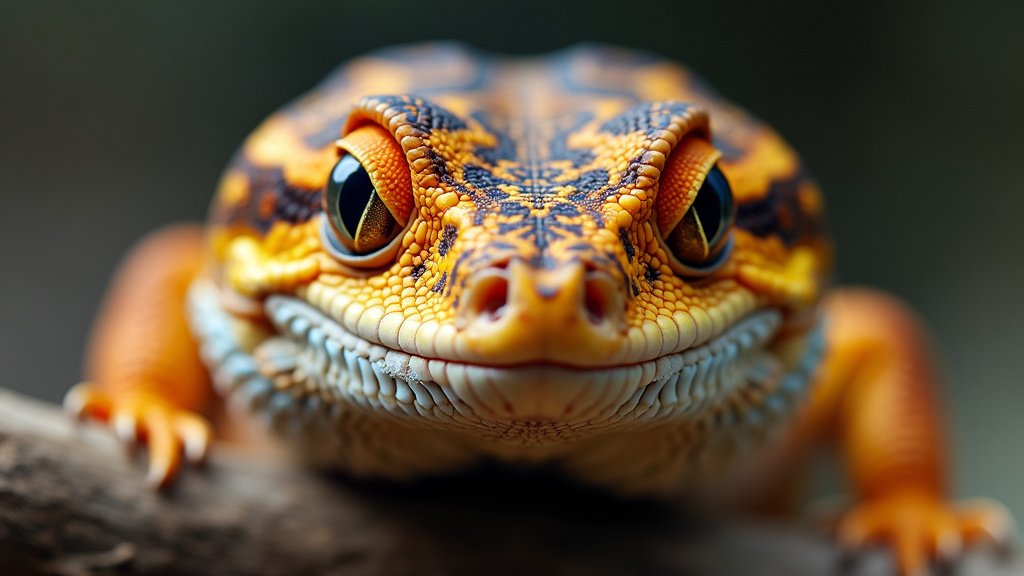Comparing the Lifespans of Reptiles: A Deep Dive into Bearded Dragons and Their Scaly Peers
Introduction
When considering a new reptilian addition to your home, understanding their lifespan can be crucial for long-term planning and care. Bearded dragons, for instance, are often favoured for their manageable size, amiable personality, and relatively straightforward care requirements. However, how do their lifespans compare to other popular reptile pets? In this blog post, we’ll dive into the lifespans of bearded dragons and compare them to other reptiles like leopard geckos, corn snakes, and turtles. By the end, you’ll have a clear understanding of what to expect in terms of longevity, helping you make an informed decision for your new scaly companion.
The Lifespan of Bearded Dragons
How Long Do Bearded Dragons Live?
Bearded dragons, known scientifically as Pogona vitticeps, typically live for 10-15 years when kept in captivity. This range can vary based on factors such as diet, habitat, and healthcare. The oldest bearded dragon on record lived to be over 18 years old, which is quite impressive!
Factors Influencing Bearded Dragon Lifespan
Several factors can influence the lifespan of your bearded dragon:
- Diet: A balanced diet rich in calcium and protein is essential.
- Habitat: Proper UVB lighting and a well-maintained habitat are crucial.
- Healthcare: Regular vet check-ups are essential to catch any potential issues early.
From personal experience, one of my bearded dragons, Spike, thrived for 14 years because of meticulous attention to his diet and habitat. Ensuring constant access to fresh greens and a mix of live insects was key to his longevity.
Comparing Lifespans with Other Reptiles
Leopard Geckos
Standard Lifespan
Leopard geckos (Eublepharis macularius) are another popular choice for reptile enthusiasts. Typically, they live for 10-20 years in captivity, with some individuals living even longer.
Key Considerations
- Diet: Insectivorous, requiring live mealworms or crickets dusted with calcium powder.
- Habitat: Thrive in a dry, warm environment with hides for security.
- Healthcare: Regular checks for parasites and skin issues are important.
My leopard gecko, Leo, is currently thriving at 12 years old. Paying close attention to shedding cycles and ensuring he receives proper nutrition has been pivotal in maintaining his health.
Corn Snakes
Standard Lifespan
Corn snakes (Pantherophis guttatus) are celebrated for their manageable size and docile nature. They can live for 15-20 years with proper care.
Key Considerations
- Diet: Primarily rodents, such as mice or pinkies.
- Habitat: Secure enclosure with climbing space and hiding spots.
- Healthcare: Regular monitoring for respiratory infections and shedding problems.
My corn snake, Amber, has been with me for 17 years, demonstrating how essential a stable and stress-free environment is for their well-being.
Turtles
Standard Lifespan
Turtles, especially species like the red-eared slider (Trachemys scripta elegans), can live for 20-40 years or more in captivity.
Key Considerations
- Diet: Omnivorous; diet must include vegetables, aquatic plants, and occasional meat.
- Habitat: Need both aquatic environments and basking areas with proper UVB lighting.
- Healthcare: Shell and skin health are vital, alongside regular vet visits.
I once cared for a red-eared slider named Sheldon who reached his 25th birthday, a testament to the enduring lifespan of well-cared-for turtles.
Practical Advice for Prospective Reptile Owners
Commitment and Responsibility
Owning a reptile is a long-term commitment. Before choosing one, consider their lifespan and ensure you’re prepared for the long haul.
Research and Preparation
Thorough research is indispensable. Understand the specific needs of your chosen reptile in terms of diet, habitat, and healthcare. External resources like the Reptile Database can be invaluable for detailed information.
Healthcare and Regular Check-ups
While I can share personal experiences and general advice, it’s critical to consult with a qualified vet for any health concerns. Regular check-ups can preemptively address health issues and contribute positively to your reptile’s lifespan.
Conclusion
Choosing a reptile pet is an exciting venture, and understanding their lifespans can help you make a well-informed decision. Bearded dragons typically live for 10-15 years, and with proper care, they—as well as other reptiles like leopard geckos, corn snakes, and turtles—can be long-term companions. Always remember that thorough research, commitment, and regular healthcare checks are crucial to ensuring your reptilian friend thrives for years to come.
For more detailed guides on reptile care, check out our Reptile Care section and ensure your reptilian friend lives a long, healthy life.
Meta Description for SEO
“Explore the lifespans of popular reptile pets like bearded dragons, leopard geckos, corn snakes, and turtles. Learn practical advice for ensuring your reptile lives a long, healthy life.”

